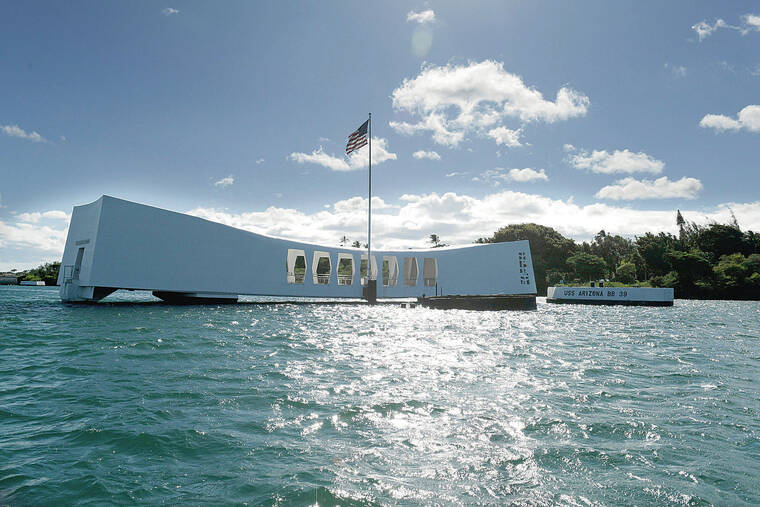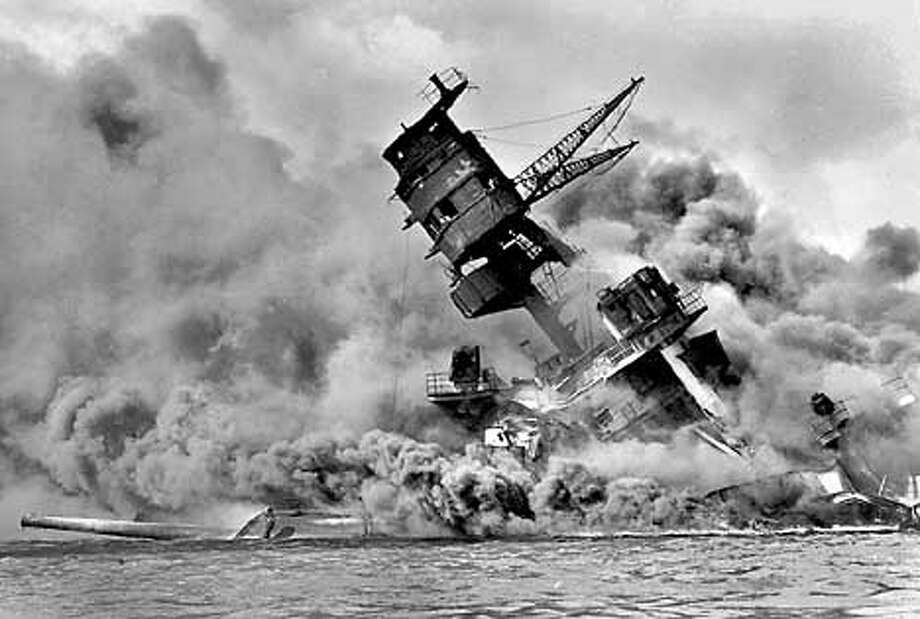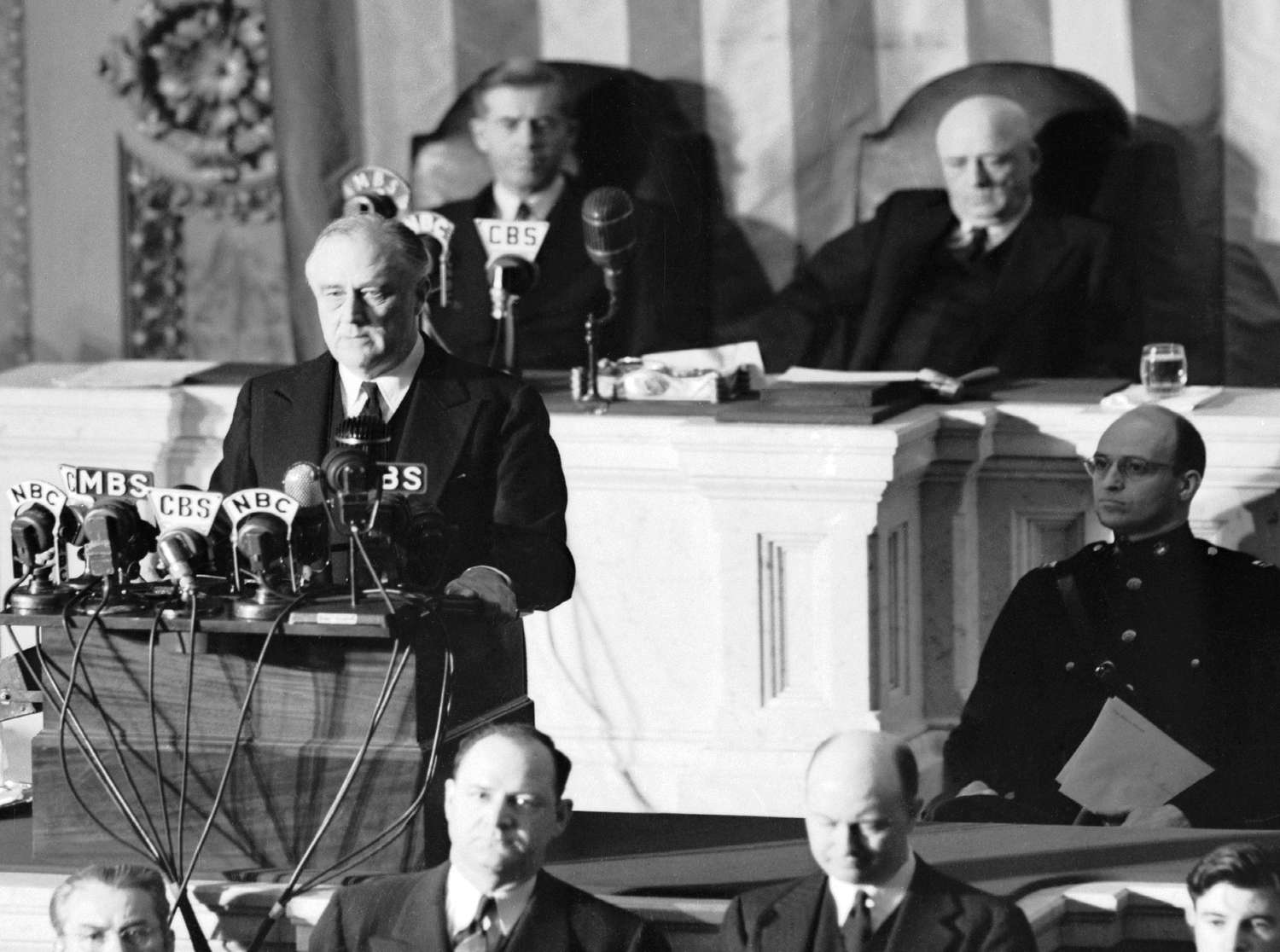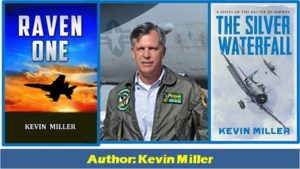Good Saturday morning December 7, 2024. . .
Over the last 32 years I have asked my students of all ages what happened on this day in History and I have found that as the years went by fewer and fewer of them knew what this date meant or even what Pearl Harbor was all about. Very discouraging. History is something that you need to remember so you will not make the same mistakes again. I fear we are still doing that today. Skip Leonard.. The List
This day in Naval and Marine Corps History
1941 – In one of the defining moments in U.S. history, the Japanese attack the U.S. Pacific Fleet and nearby military airfields and installations at Pearl Harbor, Hawaii, and remove the U.S. Navy’s battleship force as a possible threat to the Japanese Empires southward expansion. The U.S. is brought into the World War II as a full combatant.
- As the Japanese attacked Midway Island, 1st Lt. George H. Cannon remains at his post until all of his wounded men are evacuated, though severely wounded himself. Because of his dedication to his men, Cannon dies due loss of blood from his wounds. For his “distinguished conduct in the line of his profession”, Cannon is posthumously awarded the Medal of Honor.
- Capt. Mervyn Sharp Bennion, commanding officer of USS West Virginia (BB 48), evidenced apparent concern only in fighting and saving his ship, and strongly protested against being carried from the bridge. For devotion to duty and courage during the Pearl Harbor attack, Bennion is awarded the Medal of Honor.
- Ensign Francis C. Flaherty remains in his turret, holding a flashlight so the remainder of the turret crew could see the escape, thereby sacrificing his own life. For devotion to duty and courage during the Pearl Harbor attack, Flaherty is awarded the Medal of Honor.
- Chief Boatswain Edwin Joseph Hill leads his men of the line-handling details of USS Nevada to the quays, casts off the lines and swims back to this ship. Later, while on the forecastle attempting to let go the anchors, he is blown overboard and killed by the explosion of several bombs. Chief Hill earned the Medal of Honor that day for his distinguished conduct in the line of his profession, extraordinary courage, and disregard of his own safety during the attack on the Fleet in Pearl Harbor.
- Lt. Cmdr. Samuel Glenn Fuqua rushes to the quarterdeck of USS Arizona, where a large bomb hits and penetrates several decks, and the explosion starts a severe fire and also stuns and knocks him down. Upon coming to, he begins to direct the firefighting and rescue efforts. A tremendous explosion forward appears to make the ship rise out of the water, shudder and settle down by the bow. Flames envelope the forward part of the ship and spread, as wounded men pour out of the ship to the quarterdeck. Despite the mayhem, Fuqua keeps calm under pressure and continues to direct the firefighting efforts so that the wounded could be taken from the ship, and in so doing inspires everyone who sees him. Realizing that the ship cannot be saved and that he was the senior surviving officer aboard, he orders the crew to abandon ship. Fuqua remains on the quarterdeck until satisfied that all personnel that could be had been saved, after which he leaves the ship with the last boatload.
- Rear Adm. Isaac C. Kidd immediately goes to the bridge and as the commander of battleship division one, he courageously performs his duties as Senior Officer Present Afloat until his flagship, USS Arizona, blows up from magazine explosions and he is killed by a direct bomb hit on the bridge.
- Ensign Herbert C. Jones organizes and leads a party in supplying ammunition to the antiaircraft battery of the USS California after the mechanical hoists were put out of action. Jones is then fatally wounded by a nearby bomb explosion and when two men attempt to take him from the area which was on fire, he refuses to let them, saying, in words to the effect, “Leave me alone! I am done for. Get out of here before the magazines go off.”
- Chief Aviation Ordnanceman John William Finn mans a .50-caliber machine gun mounted on an instruction stand in an exposed section of the parking ramp, while under heavy enemy machine-gun strafing fire. While painfully wounded, he continued to man the gun and return the enemy’s fire throughout the enemy strafing and bombing attacks. He was at last persuaded to leave his post to seek medical attention after being specifically ordered to do so. After receiving first-aid, the chief returned to the squadron area and actively supervised the rearming of returning planes. Chief (later Lieutenant) Finn earned the Medal of Honor that day for his extraordinary heroism, distinguished service, and devotion above and beyond the call of duty during the attack on the Fleet in Pearl Harbor.
- As the mechanized ammunition hoists are put of action in USS California, Chief Radioman Thomas James Reeves, on his own initiative, in a burning passageway, assists in the maintenance of an ammunition supply by hand to the antiaircraft guns until he is overcome by smoke and fire, resulting in his death.
- As his station in the forward dynamo room aboard the USS Nevada becomes almost untenable due to smoke, steam, and heat, Lt. Cmdr. Donald Kirby Ross forces his men to leave the station and performs all the duties himself until blinded and unconscious. Upon being rescued and resuscitated, he returns and secures the forward dynamo room and proceeds to the aft dynamo room where he is again rendered unconscious by exhaustion. Again recovering consciousness, he returns to his station where he remained until directed to abandon it.
- As the compartment in which the air compressor is located aboard USS California begins to flood, as a result of torpedo hit, the crew decides to evacuate the compartment, but Machinist’s Mate 1st Class Robert R. Scott refuses to leave, saying words to the effect, “This is my station and I will stay and give them air as long as the guns are going.”
- USS Utah begins to capsize as a result of enemy bombing and torpedoing. Chief Watertender Peter Tomich remains at his post in the engineering plant until he sees that all boilers are secured and all of the crew in the fire room have left their stations, and by so doing loses his life.
- Captain Franklin Van Valkenburgh, commanding officer of USS Arizona, gallantly fights his ship until his death, when a direct bomb hits on the bridge and the ship blows up from magazine explosions.
- Seaman 1st Class James Richard Ward remains in his turret, holding a flashlight so the remainder of the turret crew could see the escape, thereby sacrificing his own life. For devotion to duty and courage during the Pearl Harbor attack, Ward is awarded the Medal of Honor.
- Aboard USS Vestal, moored to USS Arizona, Commander Cassin Young proceeds to the bridge and takes personal command of the 3-inch antiaircraft gun. The forward magazine of Arizona explodes and the blast blows Cmdr. Young overboard. He swims back to his ship, which is afire in several places, settling, and taking on a list. Despite severe enemy bombing and strafing at the time, and having been blown overboard, he calmly moves the ship to an anchorage distant from Arizona, which is a blazing inferno with oil afire on the water between the two ships. Young subsequently beaches Vestal upon determining that such action was required to save his ship.
- While at the side of his Captain on the bridge, Cook 3rd Class Dorris Miller, despite enemy strafing and bombing and in the face of a serious fire, assists in moving his Captain, who had been mortally wounded, to a place of greater safety, and later mans and operates a machine gun directed at enemy Japanese attacking aircraft until ordered to leave the bridge. For distinguished devotion to duty, extraordinary courage and disregard for his own personal safety during the attack on the Fleet in Pearl Harbor, Miller is awarded the Navy Cross.
As the nation reflects on the anniversary of the surprise attack that led America to join World War II, here is the transcript of President Roosevelt’s speech, which he delivered in Washington, D.C. on Dec. 8, 1941—one day after the assault:
“Mr. Vice President, Mr. Speaker, Members of the Senate, and of the House of Representatives:
Yesterday, December 7th, 1941—a date which will live in infamy—the United States of America was suddenly and deliberately attacked by naval and air forces of the Empire of Japan.
The United States was at peace with that nation and, at the solicitation of Japan, was still in conversation with its government and its emperor looking toward the maintenance of peace in the Pacific.
Indeed, one hour after Japanese air squadrons had commenced bombing in the American island of Oahu, the Japanese ambassador to the United States and his colleague delivered to our Secretary of State a formal reply to a recent American message. And while this reply stated that it seemed useless to continue the existing diplomatic negotiations, it contained no threat or hint of war or of armed attack.
It will be recorded that the distance of Hawaii from Japan makes it obvious that the attack was deliberately planned many days or even weeks ago. During the intervening time, the Japanese government has deliberately sought to deceive the United States by false statements and expressions of hope for continued peace.
The attack yesterday on the Hawaiian islands has caused severe damage to American naval and military forces. I regret to tell you that very many American lives have been lost. In addition, American ships have been reported torpedoed on the high seas between San Francisco and Honolulu.
Yesterday, the Japanese government also launched an attack against Malaya.
Last night, Japanese forces attacked Hong Kong.
Last night, Japanese forces attacked Guam.
Last night, Japanese forces attacked the Philippine Islands.
Last night, the Japanese attacked Wake Island.
And this morning, the Japanese attacked Midway Island.
Japan has, therefore, undertaken a surprise offensive extending throughout the Pacific area. The facts of yesterday and today speak for themselves. The people of the United States have already formed their opinions and well understand the implications to the very life and safety of our nation.
As Commander in Chief of the Army and Navy, I have directed that all measures be taken for our defense. But always will our whole nation remember the character of the onslaught against us.
No matter how long it may take us to overcome this premeditated invasion, the American people in their righteous might will win through to absolute victory.
I believe that I interpret the will of the Congress and of the people when I assert that we will not only defend ourselves to the uttermost, but will make it very certain that this form of treachery shall never again endanger us.
Hostilities exist. There is no blinking at the fact that our people, our territory, and our interests are in grave danger.
With confidence in our armed forces, with the unbounding determination of our people, we will gain the inevitable triumph—so help us God.
I ask that the Congress declare that since the unprovoked and dastardly attack by Japan on Sunday, December 7th, 1941, a state of war has existed between the United States and the Japanese empire.”
 “These good men!”
“These good men!”
Remember them and this day AND teach our grandkids






